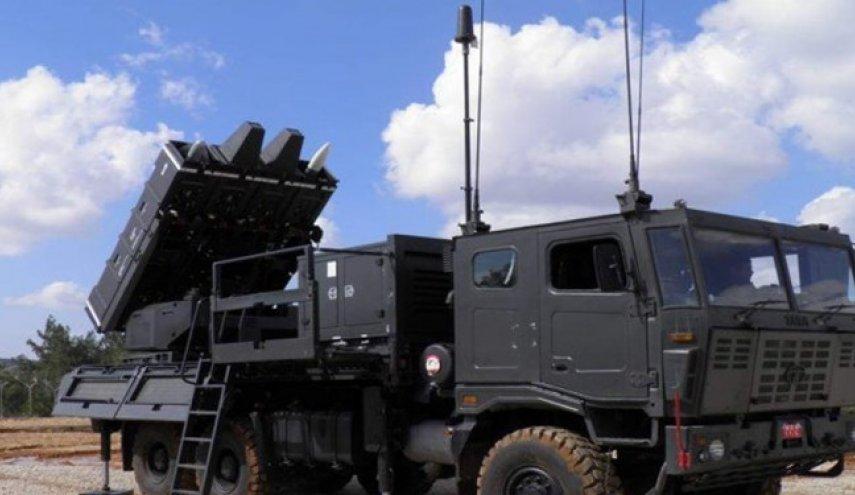After Netanyahu came to power, the suspicion that the relationship between the Zionist regime and Russia would find a more suitable direction was strengthened. This was primarily based on the perception of the personal relationship between Netanyahu and Vladimir Putin. These relations showed themselves in the previous period of Netanyahu’s roles as prime minister in Syria, when in many cases, the military attacks of the Zionist regime were not accompanied by a severe reaction from Russia, despite the military cooperation between Moscow and Tehran.
The approval of the license to transfer anti-drone equipment by the Zionist regime to Ukraine shows that some new factors have affected the direction of the Zionist regime in this crisis. In this connection, it is noteworthy that since the Russian attack on Ukraine, this is the first case of the transfer of defense equipment to Kyiv by the Zionist regime.
One of the issues affecting such an approach is the efforts of the Zionist regime to test its defense equipment against Iranian drones on the battlefield. In other words, the Zionist regime is trying to add a Middle Eastern dimension to the Ukraine crisis and thus use the opportunity to test its anti-drone capability and improve its weaknesses.
In addition, the expansion of military cooperation between Iran and Russia is also considered a central issue. Tel Aviv’s worries will also increase as the scope of military cooperation between Tehran and Moscow grows. Publishing news about the possible transfer of military planes to Tehran is not a matter that is pleasing to the Zionist regime. In this way, the decision-makers in Tel Aviv may seek to influence Russia’s decisions. Besides the relations between Tehran and Moscow, another factor also refers to the relations between Tehran and Beijing. Beijing’s recent mediation between Iran and Saudi Arabia has probably fueled concerns in the Zionist regime about the future alliance with Arab countries.
Another significant issue is related to relations with the West. In recent years, differences have been observed in the relations between the Zionist regime and the United States. Part of this issue is related to the uncertainty regarding America’s commitment to Tel Aviv, which was particularly intensified as a result of the signing of the JCPOA and, of course, the “Asian pivot” policy that was introduced during the Obama era. Although during the Trump administration, Netanyahu tried to ease his mind on this issue by improving relations with the Republicans, at the same time, there were concerns about the type of confrontation between the United States and Iran.
When the democratic government came to power in the US, this issue reappeared. With some internal developments in the Zionist regime, Tel Aviv probably looks at this issue as a measure to keep the West and the US-centeredness. The Zionist regime also looks at the war in Ukraine as a lever to score points from the West.
In sum, according to the mentioned issues, it seems that various factors should be considered in analyzing the recent actions of the Zionist regime. However, the weight of some may be more than other influential issues. At the same time, it is essential to note that this action does not necessarily mean leaving Russia out of Tel Aviv’s foreign policy equations. The Israeli side is trying to distance itself from its consequences by emphasizing that such equipment is of a defensive nature that will not lead to the death of Russian soldiers.










0 Comments